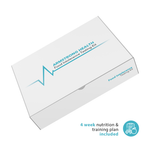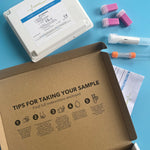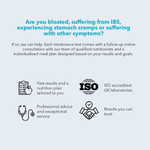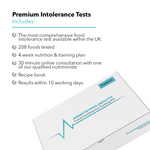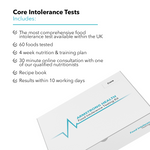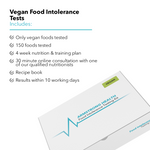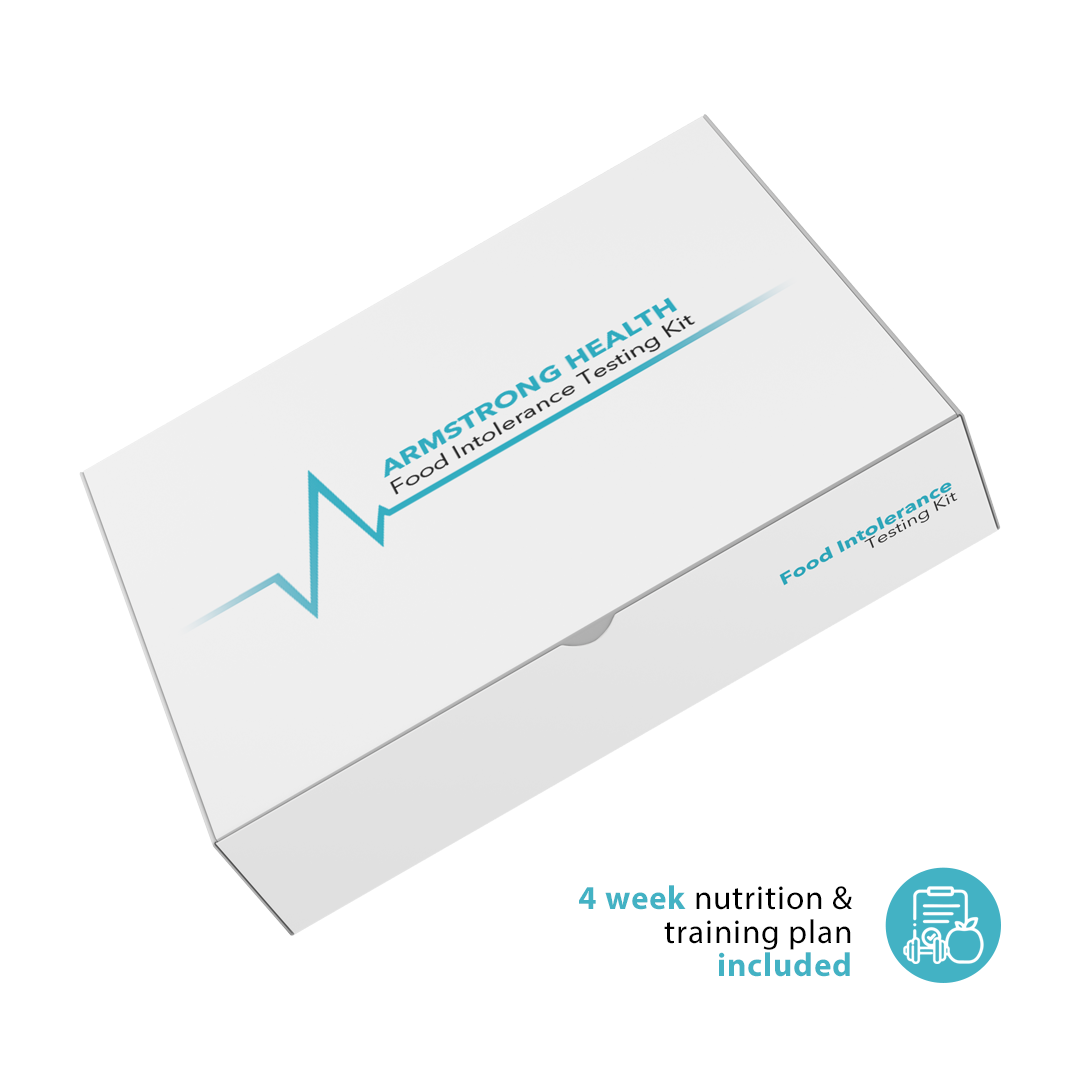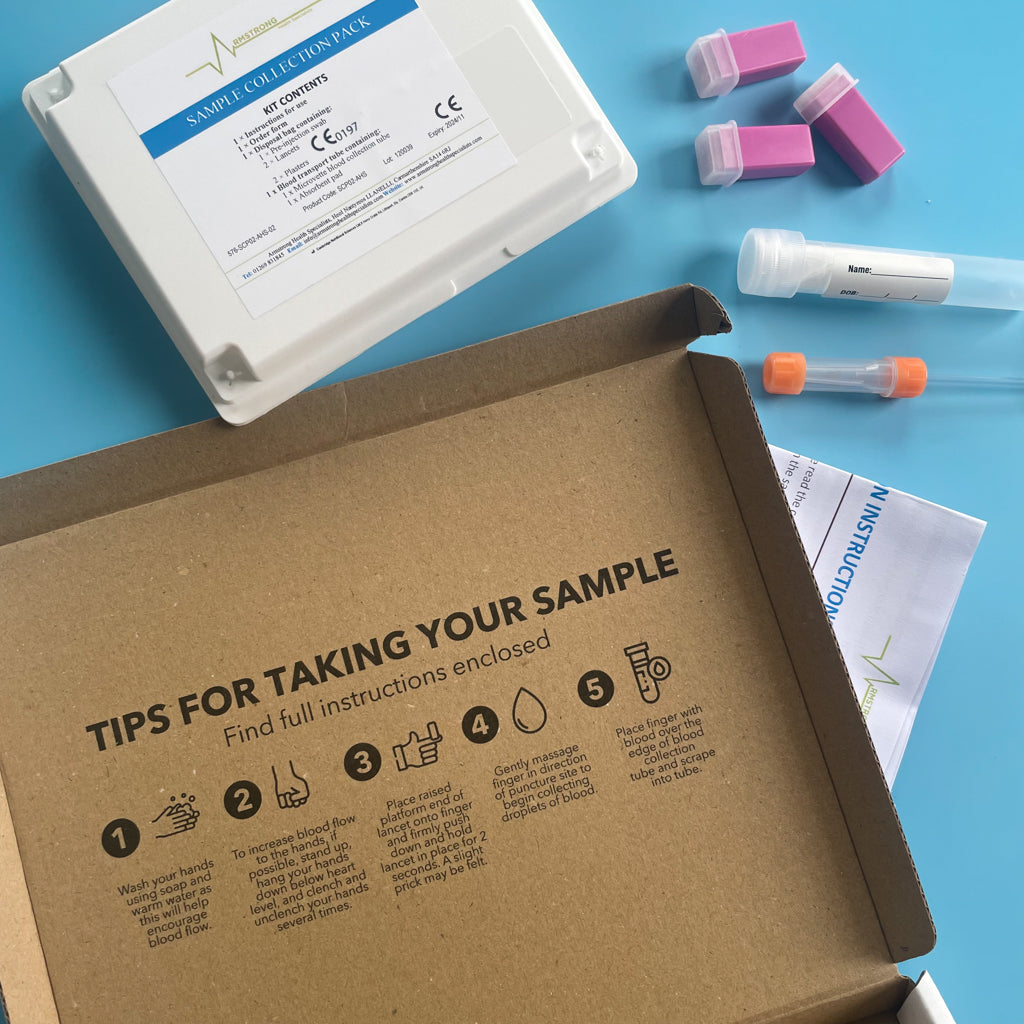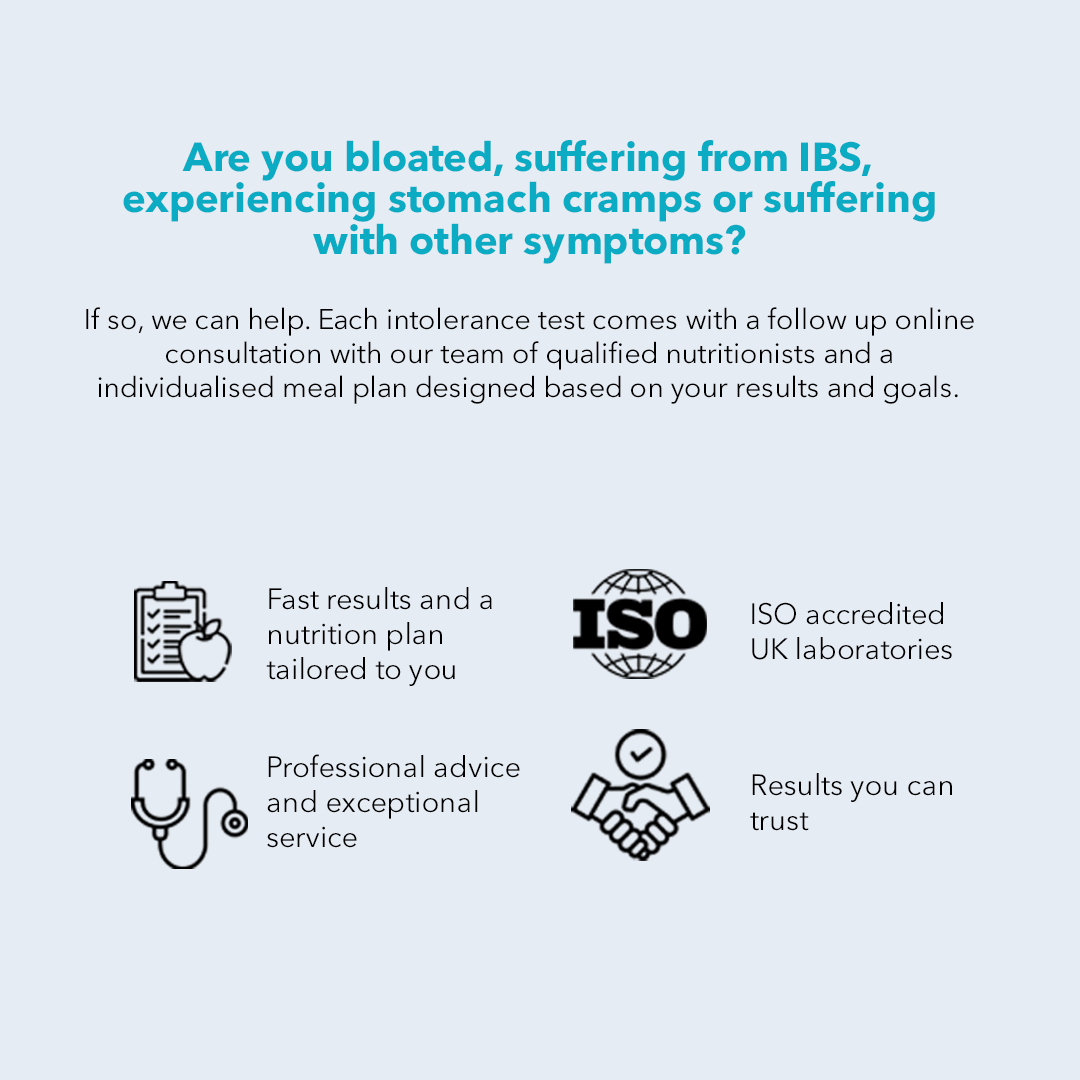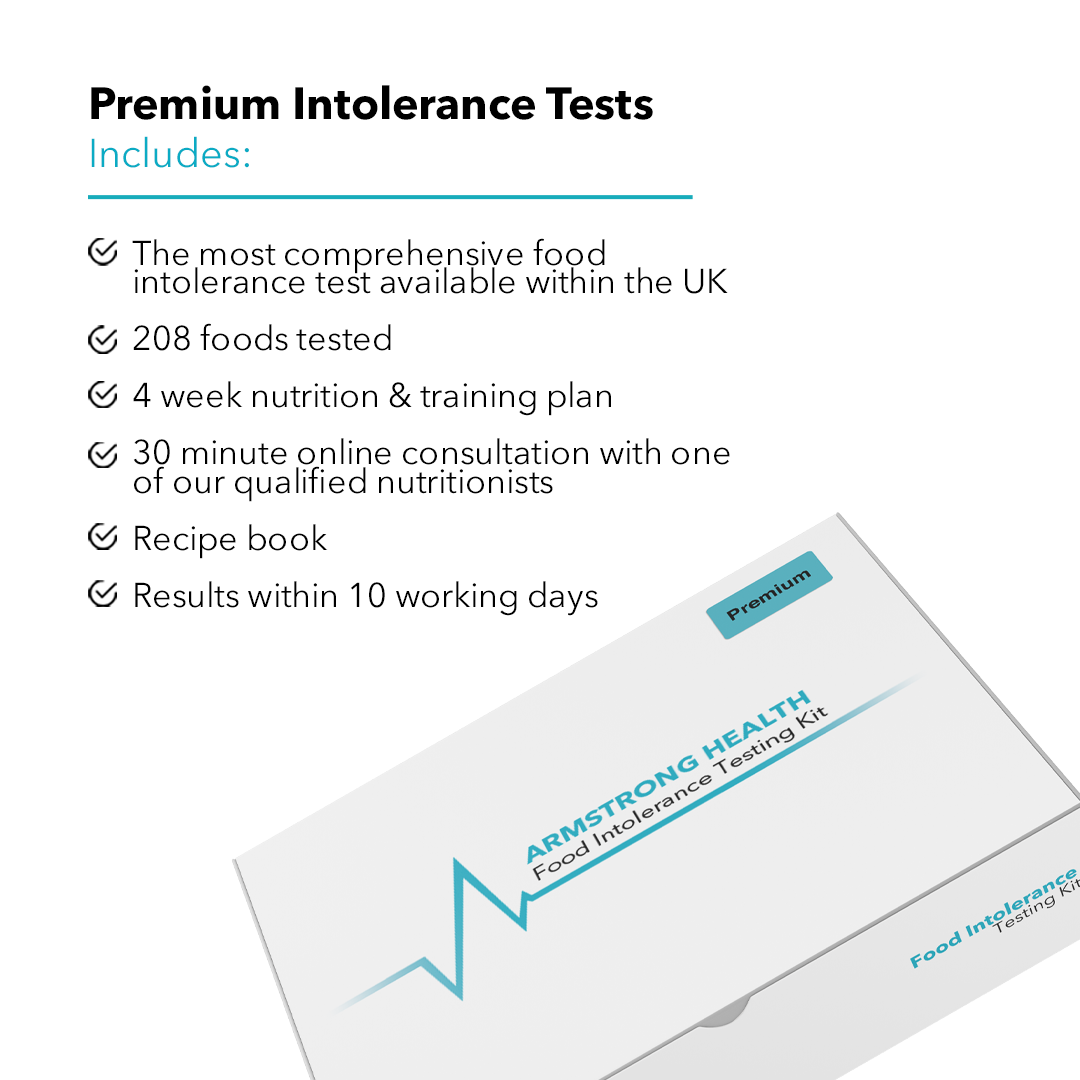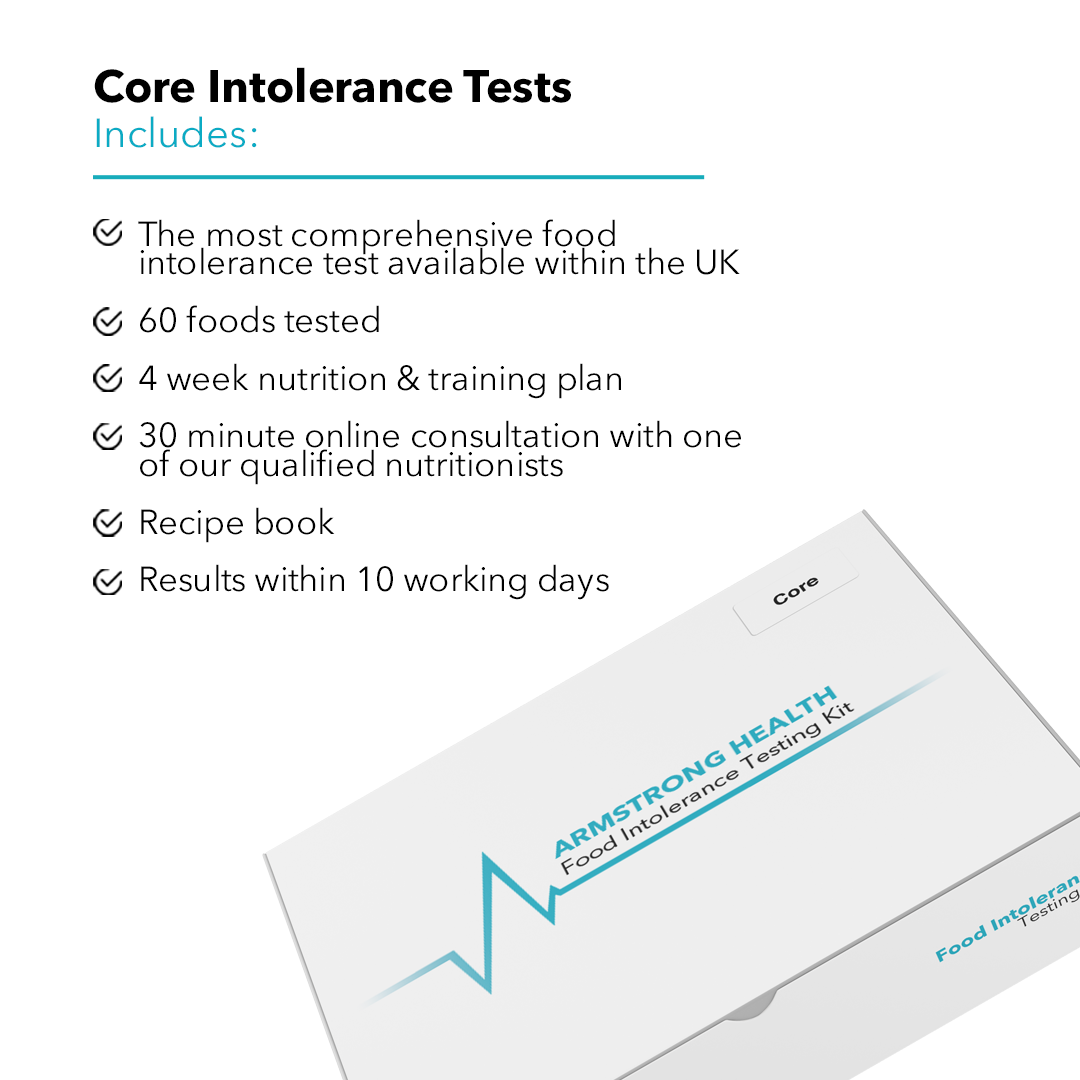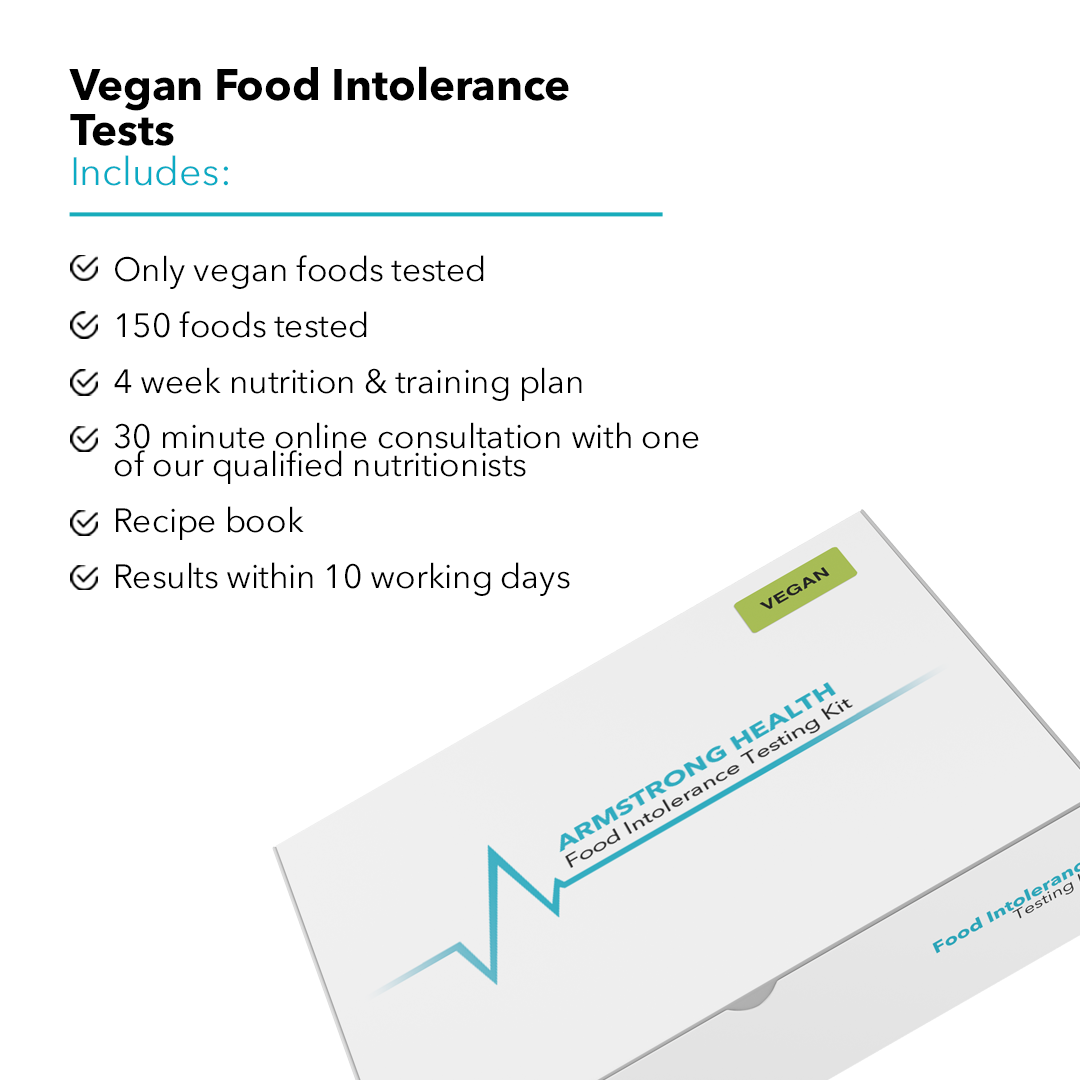Even though the terms “food sensitivity,” “food allergy,” and “food intolerance” are used interchangeably, these terms are not the same and mean different.
Look at their basic definition and determine yourself.
- Food Sensitivity: This is a response of the immune system that how it reacts to a specific food. After conducting more research, researchers conclude that food sensitivities arise because of the production of antibodies and other cell-mediated reactions in the body. Its symptoms are not life-threatening, but still, it's crucial to take a food sensitivity test.
- Food Allergy: Food allergy is a type of response that occurs when the proteins present in a specific food trigger your immune system. We can say not all, but many food allergies occur by the increased production of an antibody called immunoglobulin E (IgE). Symptoms of food allergies are life-threatening. Thus, conduct food allergy testing to be beyond doubt.
- Food Intolerance: This is a response of the digestive system when our body is not able to digest a specific type of food. Food intolerance does not involve any reaction of the immune system. Alternatively, it happens when your body lacks certain enzymes necessary to break down that food. Therefore, we advise you to take food intolerance tests to avoid those food items which your body can not break easily.
What to Do If You Find Out You Have Food Sensitivity?
It can be challenging to manage food allergies. The consequences of a reaction can be anything from mildly annoying to fatal. Since there is no treatment for food allergies, sufferers must carefully avoid the items that set them off.
1. Always check the labelling
Food labels now include important allergy information, such as whether any additives contain milk protein or wheat byproducts, or whether a food was made in a facility that handles nuts. Even if you have bought the item hundreds of times previously, you should still read the label each time. Manufacturers constantly alter the components, and there is a possibility that a new formulation may contain an allergen.
2. When cooking, use caution
Make sure to prevent cross-contamination if nobody in the home eats allergen-free. So that a knife used to cut a peanut butter sandwich isn't accidentally used to butter the toast of someone allergic to peanuts, it's a good idea to have two different sets of utensils for cooking and eating, one particularly for the allergic person. In between the uses of utensils and dishes, make sure to clean them thoroughly in hot, soapy water.
3. Be on guard when dining out
It's a good idea to inform the management or chef of your food allergy before placing your order. People with food allergies frequently carry a chef card, which is a written list of all the items to which they are allergic, along with a request that any plates, utensils, or surfaces used for meal preparation be free of any traces of the allergen.
4. Create a plan of action
Make a plan for what to do if you inadvertently consume a food to which you are allergic, and keep a printed copy of it on you at all times.
5. Don an ID bracelet for your health
Make sure the information concerning your food allergy is accurate.
6. Always keep two doses of your prescription with you
You should always have your medication if your doctor has recommended them to you in case of an emergency. It will prepare you in case something goes wrong. Additionally, some persons who have food allergies carry antihistamines. Never leave home without your prescription pills.
To conclude,
With the help of a home allergy test kit, you can find out about your allergies. We recommend speaking with a medical professional, such as a doctor or registered dietitian, if you believe you may have food sensitivity.
A specialist can decide the best course of treatment for you in addition to eliminating other potential reasons for your symptoms, such as food allergies or intolerances, and can offer advice on essential dietary modifications. Consider us to know more about food allergy testing in the UK.





